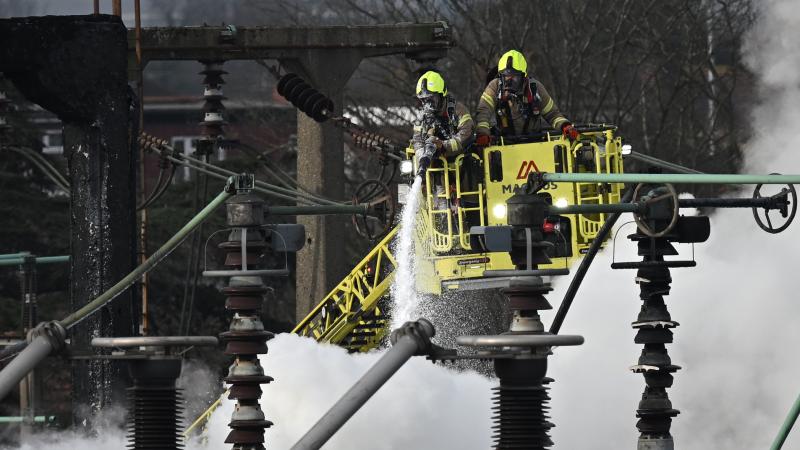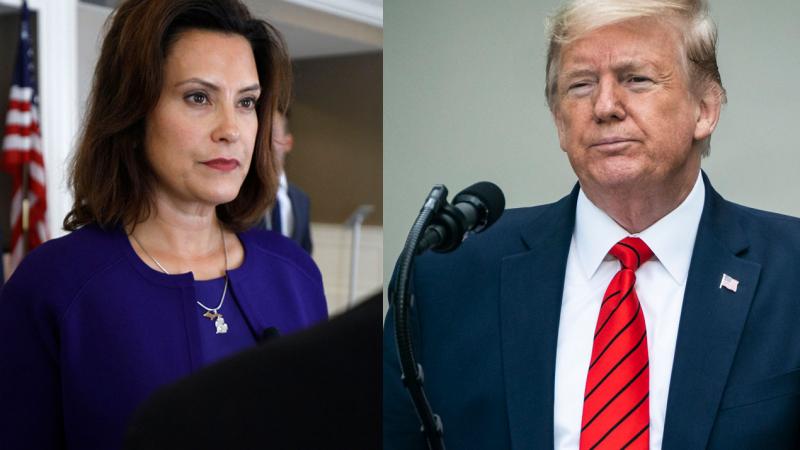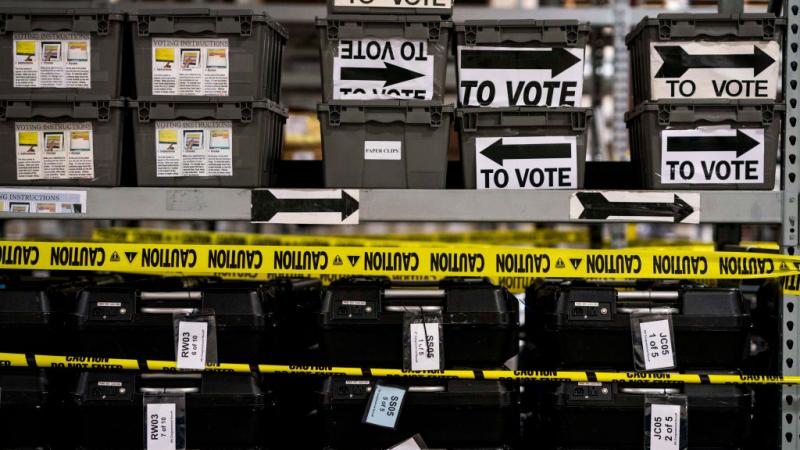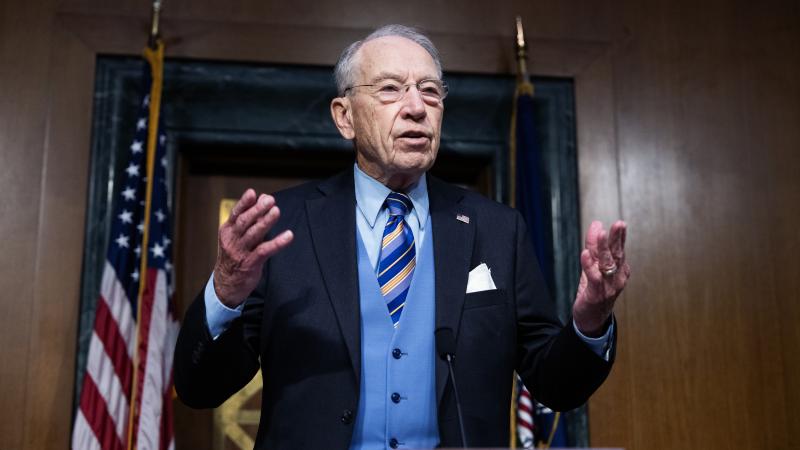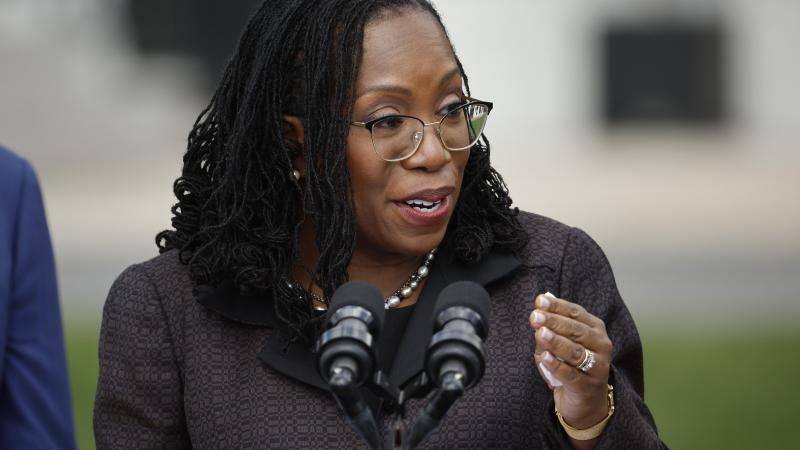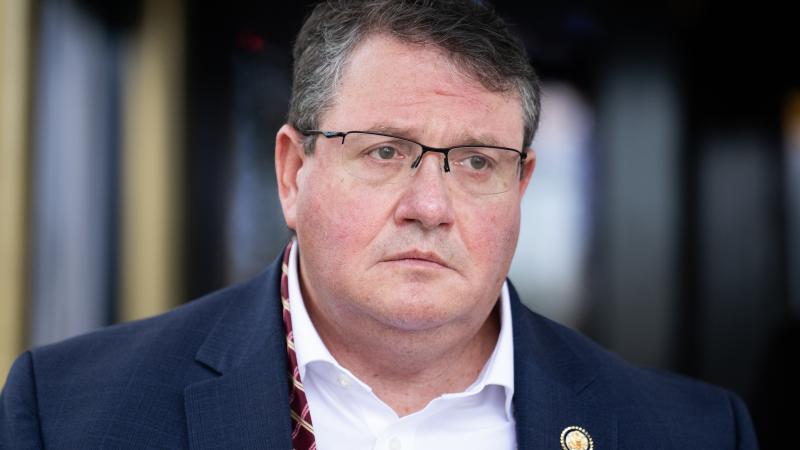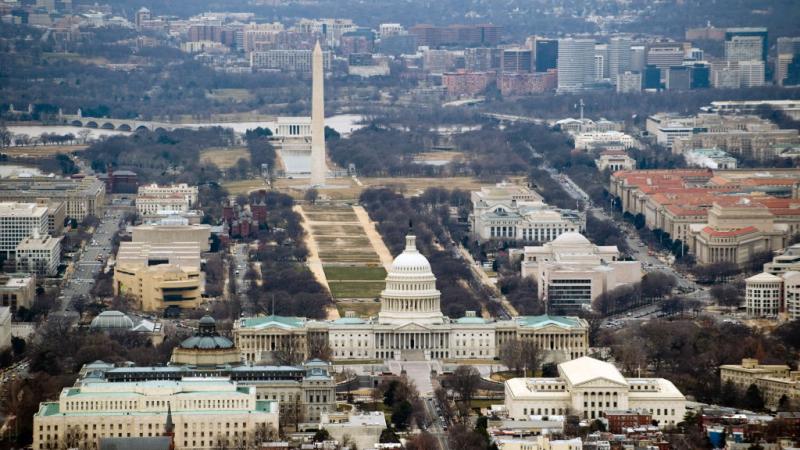School choice expansion in Pennsylvania clears first hurdle
Democrats opposing GOP bill to increase funds for school choice by 25% annually.
A proposal that expands Pennsylvania’s school choice programs cleared the first legislative hurdle on Monday, though its prospects of becoming law remain uncertain.
Senate Bill 1 advanced out of committee on a party-line vote after Democrats criticized the annual 25% growth rate the legislation authorizes for the state’s $185 million Educational Improvement Tax Credit and $55 million Opportunity Scholarship Tax Credit programs.
Education Committee Majority Chairman Scott Martin, R-Strasburg, said boosting funding for the credits will give an additional 40,000 students the ability to attend school outside of their home district.
“These represent tens of thousands of students that for whatever reason are looking for a different path, a better path, and are being turned away,” he said.
The programs offer businesses tax credits in exchange for donations that fund tuition for students opting out of their assigned public school. SB 1 would increase the size of the caps for the EITC to $300 million and the OSTC to $100 million, with automatic expansions of 25% each year.
It would also require charter schools to publicize their budgets and submit to annual audits. The Department of Education would be required to process charter renewal applications within 120 days, and decisions on approving new charters would transfer from the local district to a new legislative Public Charter School Commission.
“Different students learn in different ways,” Martin said. “We need an education system that acknowledges that and allows parents to put their children in the kind of environment that suits their needs and helps boost student achievement. The focus needs to be on the child, not on any one educational model.”
Sen. Lyndsey Williams, D-Allegheny, said although she supports the enhanced accountability measures for charters, she’s troubled by the sheer growth of the programs anticipated over the next 15 years and said it amounts to a “massive tax break” for corporations.
“With the automatic escalator that means these [programs] will grow to $8.5 billion in 15 years,” she said. “With no idea if money is getting to where to students need it the most.”
She also criticized the proposed commission and said it was best left up to local school districts to approve new charter schools – a sentiment shared by the state’s largest teachers’ union, the Pennsylvania State Education Association.
“Charter school costs are rapidly becoming one of the largest single expenses for public schools,” said PSEA President Rich Askey. “That’s why decisions about approving charter schools need to be made by local school boards that are responsible for safeguarding their taxpayers’ money.”
He said districts paid more than $2.2 billion in charter tuition during the 2019-20 school year alone and argues that “more transparency, not less” is needed to ensure that money is spent on educating students.
“While public schools are lucky to get a funding increase on the order of 2% to 3% in any given year, this bill will give these tax break programs a whopping 68% increase next year and provide 25% increases each year after,” he said. “Within five years, these tax break programs would grow to nearly $1 billion, and in 10 years the cost would triple to $3 billion.”
The Commonwealth Foundation, a free market policy group, argued that public schools have seen a 28% growth in state funding since 2012 and have received the largest share of COVID-19 aid, so far.
“It is unfortunate to see teachers’ union leaders and taxpayer funded lobbyists – who benefit financially from the status quo – opposing these reforms,” said Nate Benefield, the foundation’s vice president. “We call on the Pa. General Assembly and the governor to see past this antagonism and join together in supporting what parents want for their children, rather than constraining them.”
Senate President Jake Corman, R-Bellefonte, said the demand “for options for kids and parents” supports the funding growth written into the proposal.
“It is the largest tax credit because it is popular and it is bipartisan and it’s giving kids the opportunity to go to schools that are best for them,” he said.
Gov. Tom Wolf has spent the last few weeks stumping for a revamp of the state’s charter school law that would redirect $395 million back into local districts. He said outdated notions of how to fund public schools means poorer communities must raise taxes at a disproportionate rate to cover charter tuition, while cutting programs for district students.
“Let’s create a level playing field here,” Wolf said during a news conference last week in Lancaster. “We are all in the business of taking taxpayer dollars to make students lives’ better.”
Critics argue that the governor’s proposed fixes – including setting a statewide cyber charter tuition rate and funneling special education dollars through an updated formula – cut $229 million from charter schools at a time when their enrollment has skyrocketed.
SB 1 doesn't address cyber tuition rates, and Wolf has not yet commented on the bill's other provisions. He's anticipated to speak alongside Democratic leaders about the education budget Tuesday morning.


